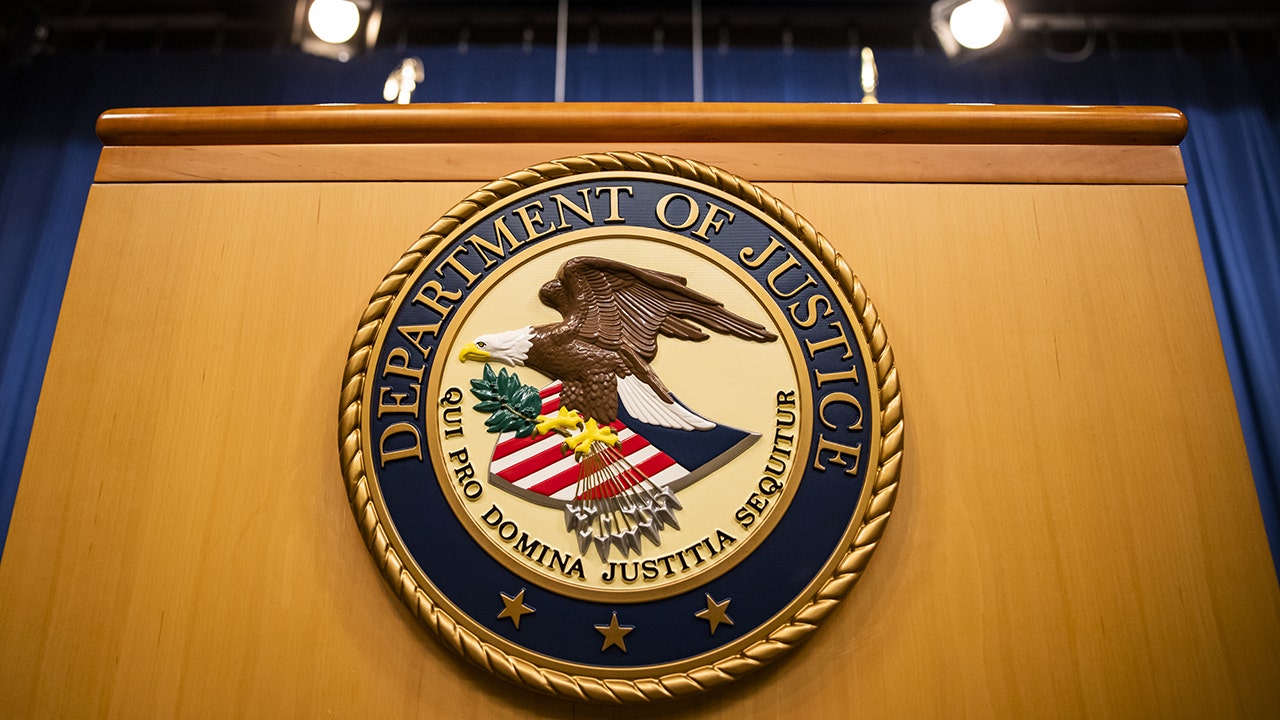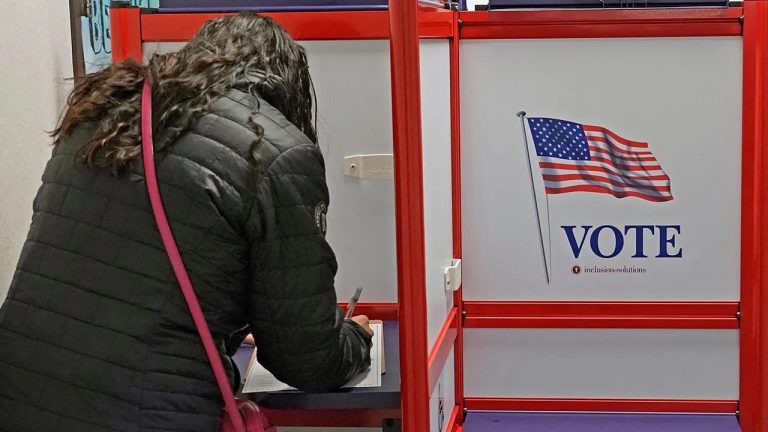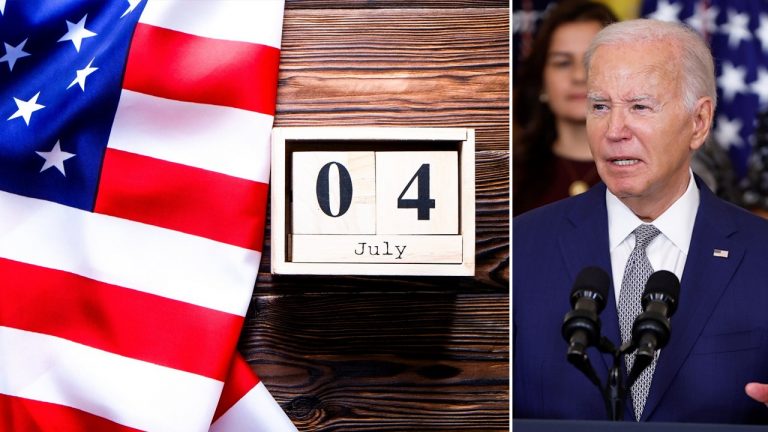Watchdog group wants to see DOJ’s subpoenas of messages from congressional staffers opened.
Recently, shocking revelations have emerged regarding the Department of Justice’s (DOJ) alleged actions that have left many concerned about the privacy and rights of individuals. The DOJ imposed nondisclosure orders on tech giant Google, preventing them from notifying users that their records were targeted in investigations, sparking outrage and demands for transparency from GOP senators.
It all started when Jason Foster, the founder of Empower Oversight, received notice in October 2023 that the DOJ had served a subpoena on Google in 2017 for his records. Foster, who at the time was the chief investigative counsel to the Senate Judiciary Committee, found out that his Google email address and two Google Voice telephone numbers linked to his family and work phones were among those targeted by the DOJ.
The scope of the DOJ’s subpoena extended beyond Foster’s accounts to include records of other Google customers, some of whom were congressional staff members involved in oversight duties. The filing by Empower Oversight raised concerns about the lack of context provided to Google regarding the identities of the targeted individuals, potentially exposing confidential whistleblowers.
Furthermore, the DOJ obtained non-disclosure orders that prevented Google from informing anyone about the existence of these subpoenas, depriving the public of crucial information about the basis for these actions. This secrecy surrounding the subpoenas, believed to be related to leaking confidential information, drew parallels to a previous incident involving the prosecution of former Senate Intelligence Committee Security Director James Wolfe.
Republican Senators Grassley, Cruz, and Lee initiated an investigation into these subpoenas and the DOJ’s data collection efforts after a Freedom of Information Act request revealed the extent of these actions during the Trump-Russia probe inquiries. This inquiry shed light on a past incident where Deputy Attorney General Rod Rosenstein threatened to subpoena personal records of House Intelligence Committee staffers.
Google, acknowledging the increased use of non-disclosure orders by U.S. authorities, expressed support for the NDO Fairness Act to ensure that gag orders are justified and limited in duration. However, the DOJ declined to comment on the matter, leaving many questions unanswered about the motivations and implications of their actions.
The investigation into these subpoenas began under the Trump administration, raising concerns about the extent of government surveillance and the protection of individuals’ rights. The call for transparency and accountability in these matters is crucial to safeguarding privacy and upholding the rule of law.








